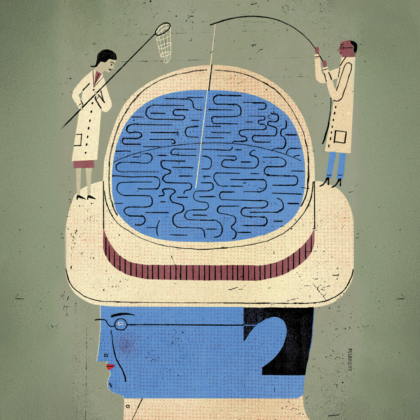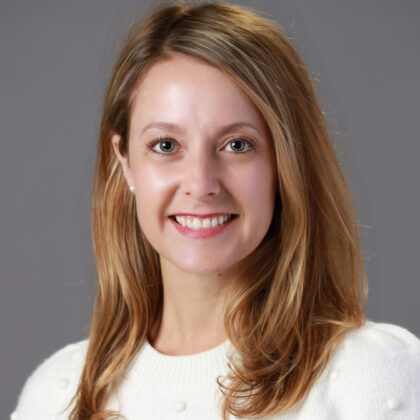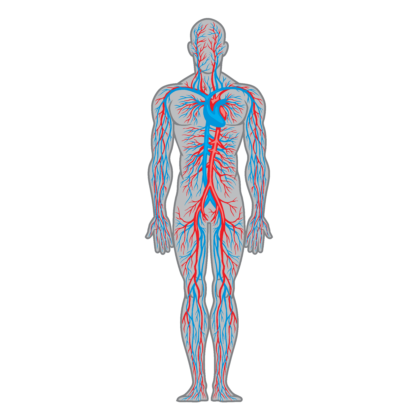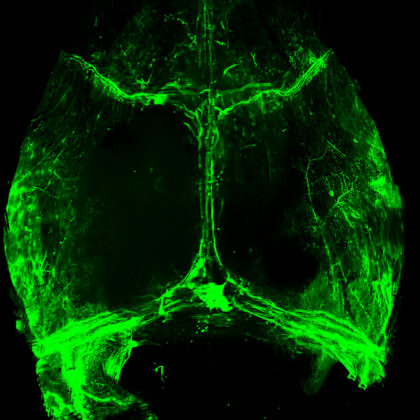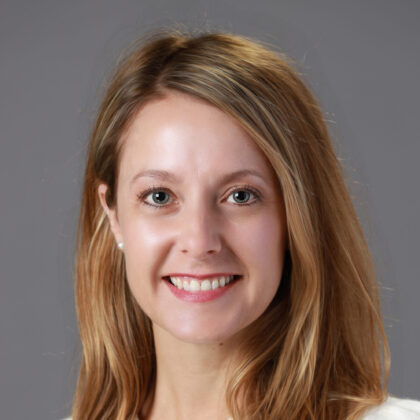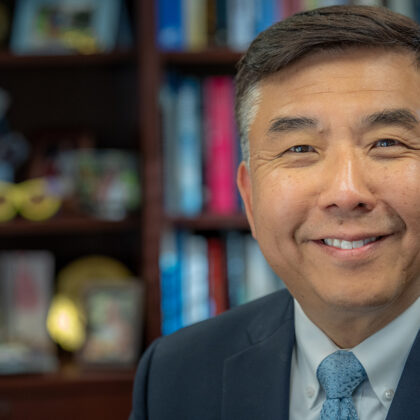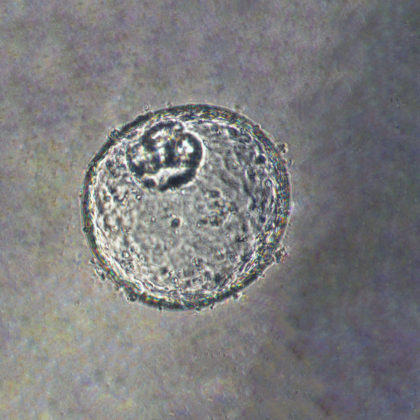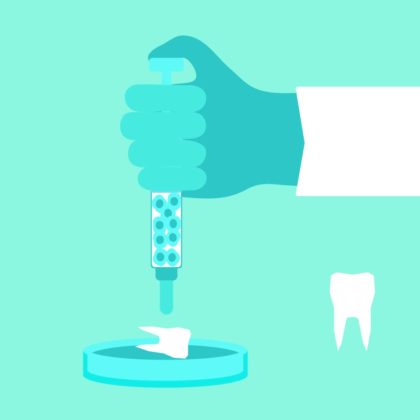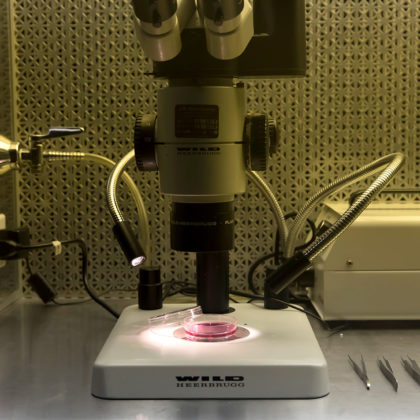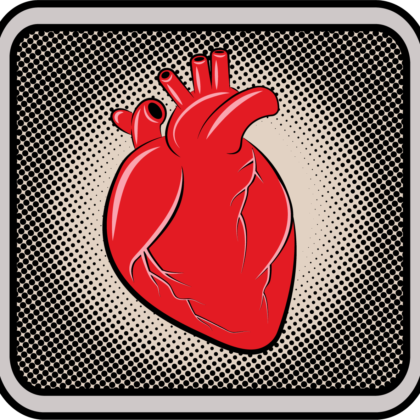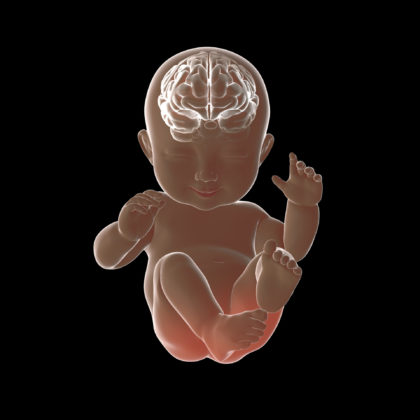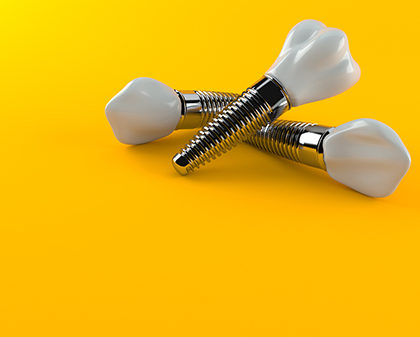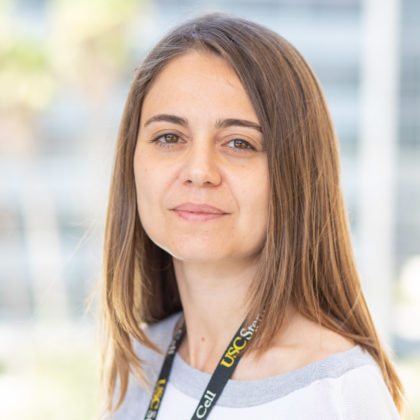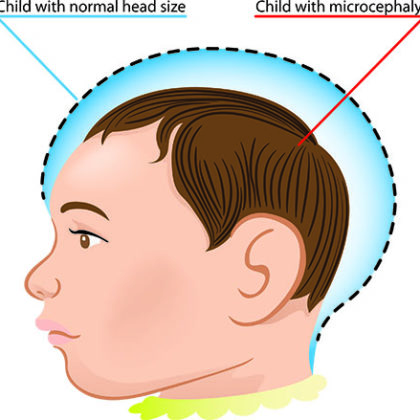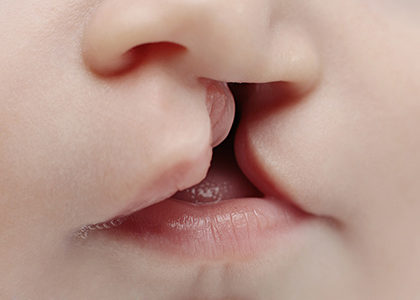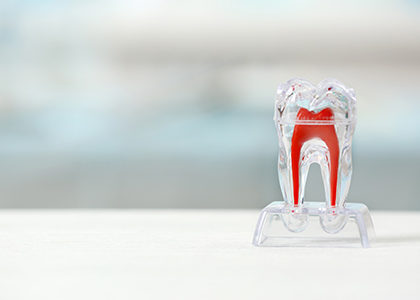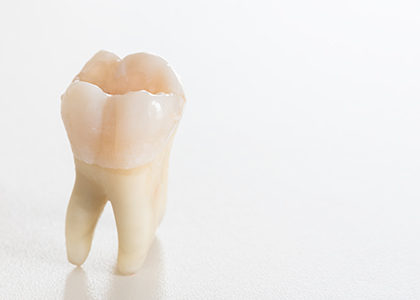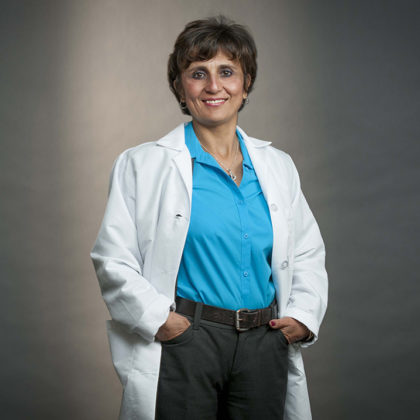Stories
Brilliant minds, healthy brains
USC brain researchers are finding novel ways to image, detect and treat diseases. This spring, scientists from the Keck School of Medicine of USC opened a new window into understanding the brain …
Amy Merrill-Brugger receives funding to dig into craniofacial development
Amy Merrill PhD ’04 has recently received an eight-year grant from the National Institute of Dental and Craniofacial Research. ASSOCIATE PROFESSOR AMY MERRILL is driven by the desire to impact clinical care …
A better understanding of tissue regeneration
Ostrow researchers probe how vasculature impacts stem cell diversity. The new study could lead to better treatments for tissue regeneration. Stem cells don’t exist alone. They are part of a community, and …
Eat well, age well
Diet interacts with genetics and impacts the way we age. Here’s what USC researchers are finding out about nutrition and healthy aging. The old adage “You are what you eat” may be …
A new way to treat craniosynostosis?
Craniosynostosis is a birth defect in which the bones in a baby’s skull fuse too early — before the brain is fully formed. It happens in 1 in nearly 2,200 births and …
Inside the hunt to understand developing baby skulls
If you’ve ever held a baby, you probably remember soft spots on their heads — space for the developing skulls to grow around the brain. When the system works correctly, it leaves …
University Professor Yang Chai wins 2023 Harvard School of Dental Medicine’s Paul Goldhaber Award
Yang Chai, the associate dean of research for the Ostrow School of Dentistry of USC, has been awarded the 2023 Paul Goldhaber Award by the Harvard School of Dental Medicine. The highest …
USC researchers probe how nerves impact stem cells
It’s well known that nerves are vital for sensing the world, but researchers are now discovering how they also change the behavior of stem cells, which could have implications for regrowing teeth. …
Mini organs pave the way for understanding gastroesophageal cancer
USC researcher Dechen Lin has created miniature organs — with the hope of fighting a rare type of cancer. CANCERS THAT IMPACT THE JUNCTION of the esophagus and the stomach are rare …
Figuring out how teeth are built, one cell at a time
USC researchers look inside teeth to figure out how we might regenerate teeth in the future. TEETH ARE MARVELOUSLY COMPLICATED structures — and the way they develop is also complex. The majority …
Investigating the neighboring environment for stem cells
A long-held goal in dental research is to harness the power of stem cells to regenerate bone and dental tissue. But to do so, it’s important to fully understand the environment the …
Hunting for heart cells that can grow back after an injury
Hearts are tough organs. Over the course of a lifetime, they beat ever second of every day, keeping the entire body nourished with life-giving blood. But, even with all that stamina, heart …
Probing the genes that organize early brain development
When brains begin developing, there are a lot of moving parts — and when mutations happen in early neurodevelopment, it can lead to disorders like macrocephaly and autism. But scientists don’t know …
USC researchers tackle a growing problem: Dental implant disease
More than 3 million dental implants have been placed in the mouths of U.S. patients, and that number rises by 500,000 each year. While implants help many people restore their oral health, …
Baxter Foundation supports research in pediatric blindness, human brain development
The Donald E. and Delia B. Baxter Foundation is supporting researchers exploring the causes of pediatric blindness and intellectual disability research by granting $100,000 awards to two assistant professors at the Keck …
Ostrow researcher probes the roots of microcephaly, inside cells
Microcephaly is a condition where the circumference of an individual’s head is smaller than normal. It can be caused by genetic abnormalities as well as fetal exposure to drugs; alcohol; certain viruses, …
Cleft palate research continues to help patients
Associate Dean of Research Yang Chai PhD ’91, DDS ’96 has been awarded a five-year, nearly $2 million grant by the National Institute of Dental and Craniofacial Research (NIDCR) for research focused …
Ostrow researchers discover how genes for tooth roots turn on and off
To figure out how the body changes over time, researchers are increasingly looking to understand epigenetics, the study of changes in organisms caused by modification of gene expression rather than alteration of …
Researchers seek the root of tooth development
The lower two-thirds of a tooth are known as the root. Normally covered in bone, they anchor the tooth into the jaw. But the exact mechanisms and pathways that create the root …
Regrowing enamel? USC Dental Professor Janet Moradian-Oldak is on the case
Dental enamel is tricky stuff. Even though it’s the body’s hardest material, if it wears away from cavities, acidic food or drinks or overbrushing, it doesn’t regenerate. All that could change in …
